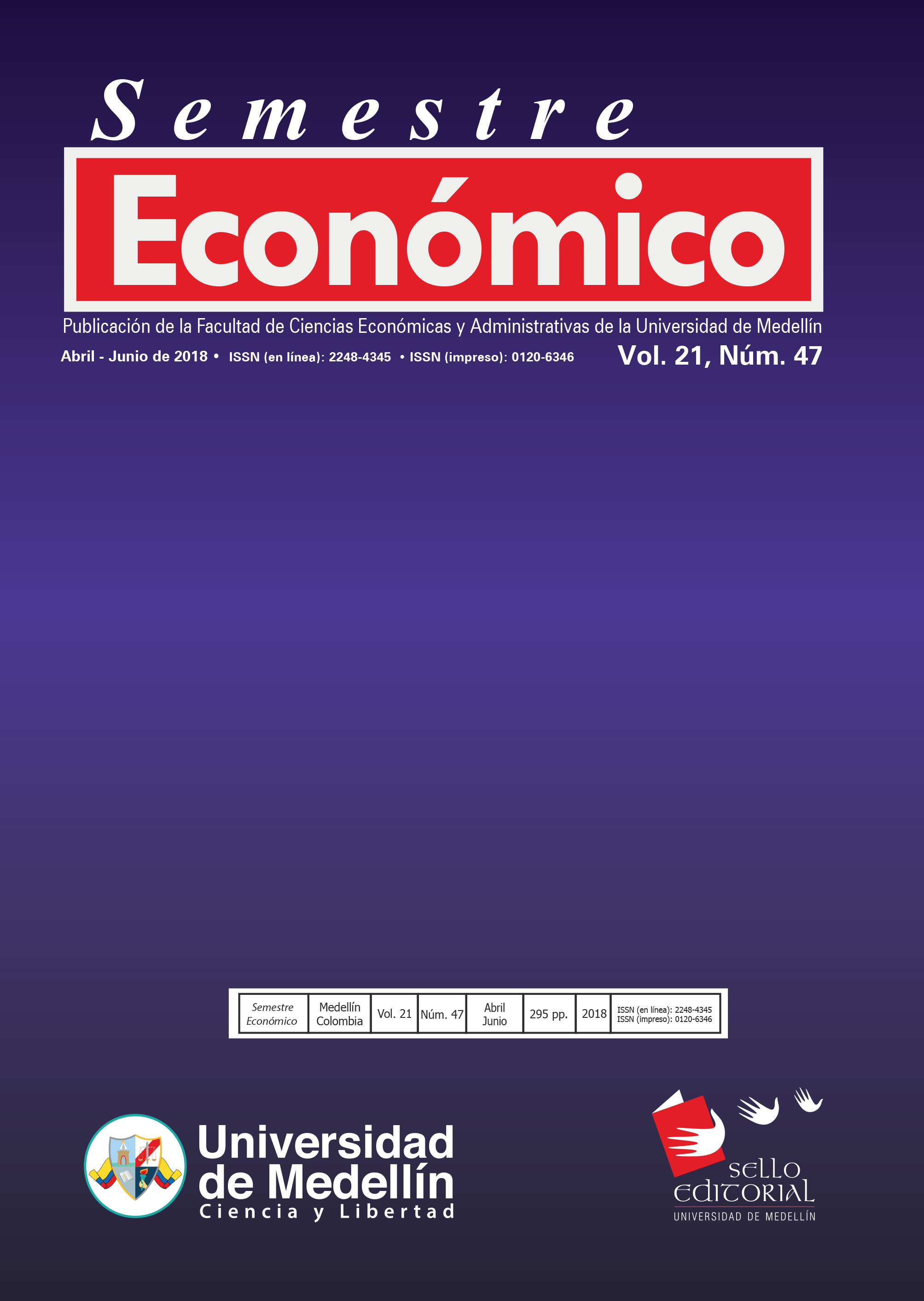Introduction Interpreting a complex process: the cycle of governments of kirchnerism in Argentina
Main Article Content
Abstract
At the start of the present century, a scenario was formed in Latin America in answer to neoliberal projects, which were disseminated strongly during the domination
period of economic and institutional strategies associated with the Washington Consensus. Since then, on the grounds of what some called 'The Pink Tide' (Marea
rosa), a group of governments in the region converged on reinstating the idea of promoting projects inspired by greater national autonomy and, to achieve that, in
the strengthening of internal markets and a renewed state intervention, appealing in many cases to renationalization processes and, in practically all of those governments, to redistribution of income policies through public spending. By the year 2010, Argentina, Bolivia, Brazil, Chile, Ecuador, Honduras, Nicaragua, Paraguay, Uruguay, and Venezuela had governments that shared these features, beyond the specificity of their experiences.

